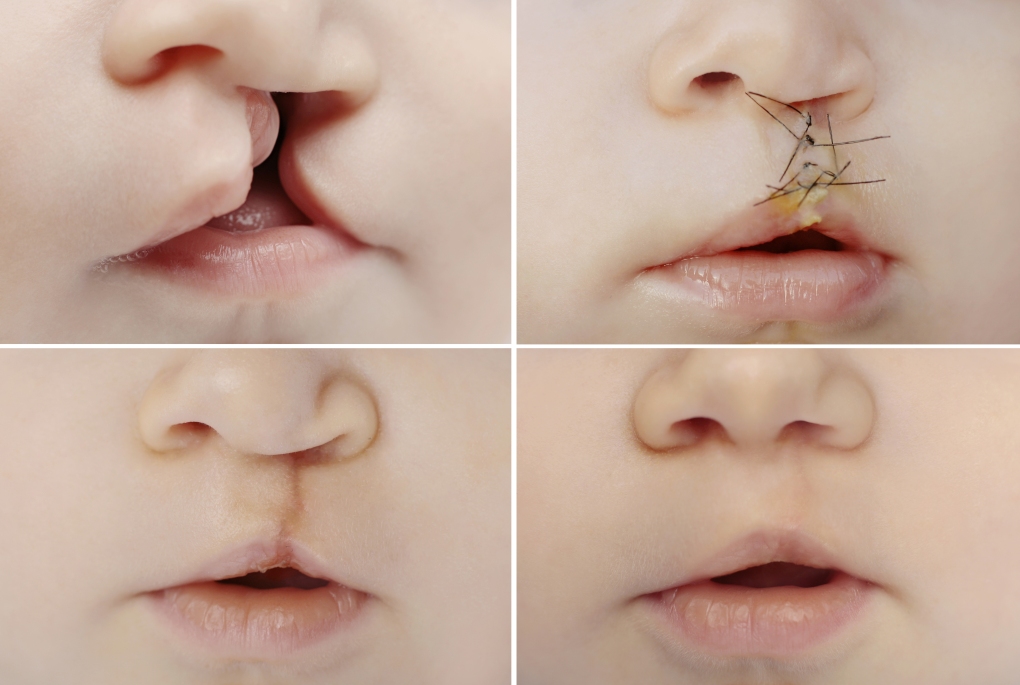Reconstructive surgery deals with the correction of functional and anatomical impairment caused by burns , trauma , congenital malformation ,developmental abnormalities, infection , surgical complications, cancer or tumor surgery etc. It is usually performed to improve the function, but it may be dealt to proximate a normal appearance.
Reconstructive plastic surgery include:
Craniofacial and Cleft Surgery:
It is higher specialty of Plastic surgery which deals with the complex and sophisticated surgeries of the craniofacial and head & neck region. To become a Craniofacial surgeon , one should be a qualified plastic surgeon followed by 1-2 years of craniofacial fellowship and 2-3 years of dedicated working experience in a craniofacial center/unit .The other pathway to become a Craniomaxillofacial surgeon is to have a double qualification (Medical and Dental )followed by 4-6 years of maxillofacial training in an accredited center followed by 1-2 years of Craniofacial fellow ship.

Cranionfacial surgery is subdivided into pediatric and adult craniofacial surgery. Pediatric craniofacial surgery mostly involves the treatment of congenital anomalies of the craniofacial skeleton and soft tissues, such as cleft lip and palate, craniosynostosis, facial diastosis , pediatric craniofacial fractures and correction of other congenital / acquired craniofacial deformities. Adult craniofacial surgery deals mostly with fractures and secondary surgeries (such as orbital reconstruction) along with orthognathic surgery. Craniofacial surgery is an important part of all plastic surgery training programs.
Burn Surgery:
Burn surgery generally takes place in two phases. Acute burn surgery is the treatment immediately after a burn. Reconstructive burn surgery concerned with the correction and reconstruction of the post burn sequlae, once the all the burn wounds have healed.
Hand Surgery:
Hand surgery is an integral part of Plastic surgery. Dedicated training and experience is required to perform complex hand injuries. In some of the countries/ centers , the hand surgery is performed by the orthopedic hand surgeon. Hand surgery is concerned with acute injuries , chronic diseases of the hand and wrist, correction of congenital malformations of the hand and upper extremities, nerve injuries and neuropathies (such as brachial plexus injuries or carpal tunnel syndrome etc.). Hand surgery is an important part of plastic surgical training and curriculum.
Pediatric plastic surgery:
Children often face medical issues very different from the experiences of an adult patient. Many birth defects or syndromes present at birth are best treated in childhood, and pediatric plastic surgeons specialize in treating these conditions in children. Conditions commonly treated by pediatric plastic surgeons include some of the congenital malformations , birth defects, soft tissue tumors, pediatric trauma and congenital hand deformities. To become a pediatric craniofacial & cleft surgeon , one should undergo further training and fellow ship in craniofacial and cleft surgery.

 العربية
العربية